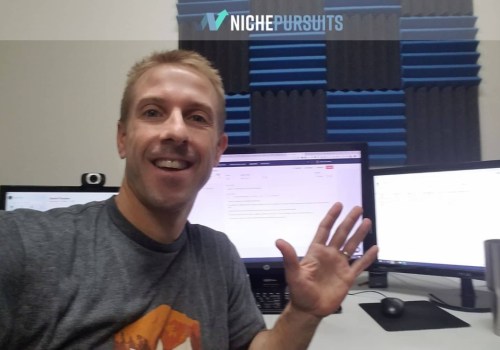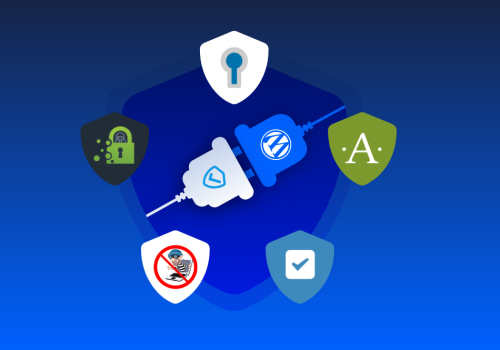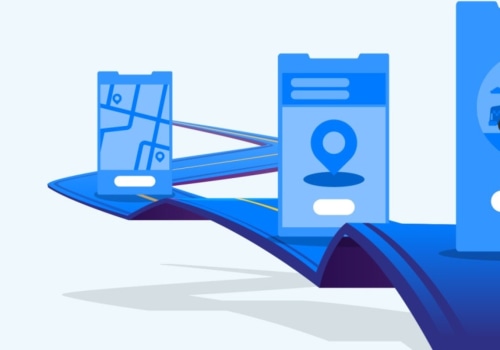UX design will be fully automated. Again, AI can automate specific UX design tasks, such as data analysis and testing, but it can't replace the entire design process. Although new AI tools, such as Midjourney and Galileo AI, are very impressive, AI is very unlikely to replace UX designers. This is because AI tools just aren't good enough (yet).
There are also a lot of things a UX designer does that AI can't automate. Or, if that's not a good enough answer, why don't we ask the AI? (If we wake up tomorrow in the Terminator universe, it's not our fault ????) So, if you've stayed up all night wondering: “Will AI replace UX designers and leave me out of work? You can breathe a sigh of relief for now. AI generates results when the input of a function is determined by the output of a previous function. That output is an input from another function, and so on until a decision is made.
For example, human beings can recognize the color blue by capturing light waves through objects that surround us (such as the sky or a pair of jeans). Someone teaches us that this color is called “blue”. Now, we understand what blue is and we can identify things that are not the same color (for example, a lemon is a different color than the sky). When we see the color blue enough, we can infer that the different shades are closely related to the color blue and apply that information every day.
We tell the machine what the color blue looks like by showing it lots of colorful images so that it can process that information through a weighted value. An artificial intelligence machine built to identify the color blue has HD cameras for the eyes and was already trained to know what the color blue is through its neural network. The AI takes pictures of the things that stand in its way and decides if the numerical value of the color is close enough to what it has learned is blue. If you are shown the image of a lemon, you will pass by it because its “blue” value is not high enough.
With the evolution of AI in recent years, the accessibility and integration of this technology have reached their peak. Processing power is relatively cheap and companies have used it at relatively basic levels to solve problems and automate processes. For every Facebook friend who posts their AI art selfies on Lensa, you'll see another post from an artist concerned about the theft of his work and the loss of profits. So what ethical concerns stem from AI? And will AI make careers in creative fields (such as user experience design) obsolete? The system's algorithm can weigh the possible outcomes and stop the car if someone steps on the brakes in front of you.
But he's not so prepared when a child chases a ball to the street. In short, nothing is perfect (not even computers). If the system is 99.999% perfect, there is always the. Have you ever heard of the burden of choosing?.
Why not alleviate some of that burden by letting an AI reduce user options? Some user inquiries require the help of another person to resolve an issue. But for more general FAQs, a chatbot saves time and energy for the user and customer service representatives. Products like Spotify, Duolingo, Amazon and Netflix are synonymous with personalized experiences. Spotify, in particular, goes further by adapting your experience through features like Wrapped and The Only You Campaign.
AI automation is obvious because of its speed and efficiency. You probably already use some type of AI for email marketing, customer relationship management, and business operations. This is expected to become more common as AI grows in popularity. It will be a long time before AI models have the creative and empathic skills needed for UX design.
But, to quote the bot, “the future of UX design is likely to be heavily influenced by AI and other emerging technologies. It will be important for UX designers to stay informed about these developments and consider the possible implications for their work. AI is an important asset for improving user experiences in a variety of digital products. And there's no shortage of innovative features that you can incorporate into your product with a simple algorithm.
So what ethical concerns stem from AI? And will AI make careers in creative fields (such as user experience design) obsolete?. .




